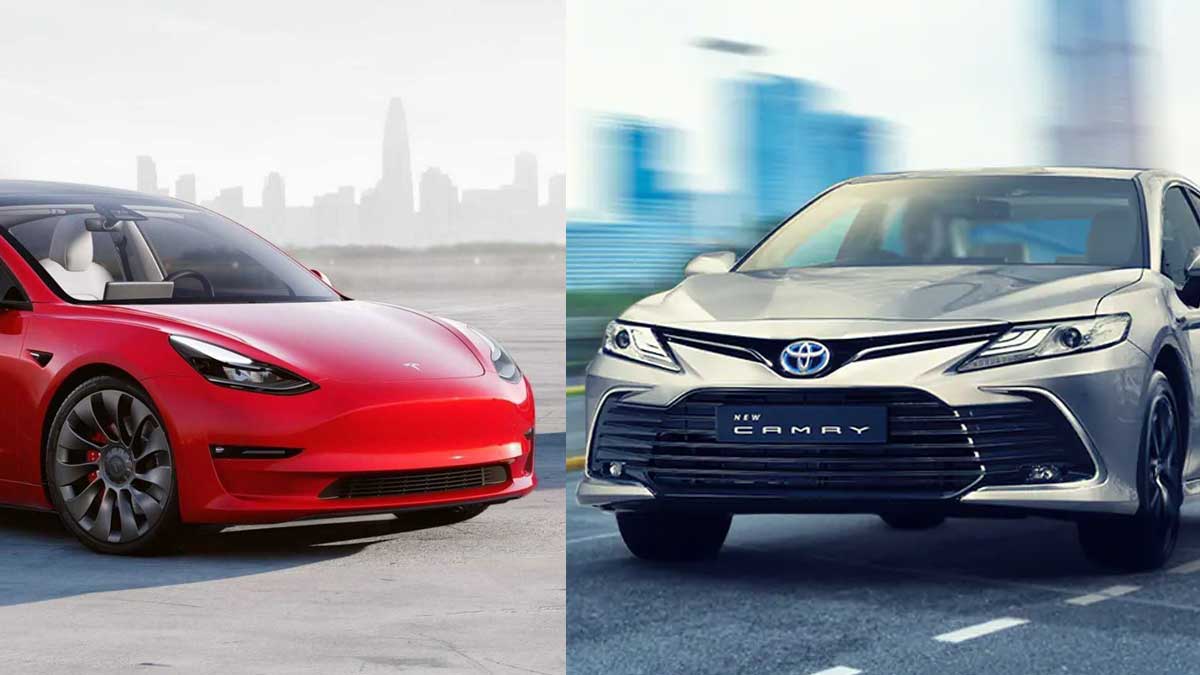The electric car market is growing rapidly, with Tesla leading the charge. However, not all electric cars are created equal. In this article, we will explore the difference between Tesla sales and electric car sales. We will also look at some of the reasons why Tesla’s sales are soaring while other brands’ sales are declining.
Tesla Sales
Tesla Motors is a five-year-old company that has been selling electric cars since 2009. Tesla sales are different from other electric car sales in two ways. First, Tesla sells only electric cars. Second, Tesla’s prices are much higher than other electric car manufacturers’ prices. In the first six months of 2014, Tesla sold 31,578 cars. This is an increase of over 50% from the same period in 2013. The reason for the increase in sales is unclear, but one possible reason is that Tesla began selling its Model S sedan for $70,000 after it was previously available only for $60,000.
Electric Car Sales
Electric car sales are on the rise and Tesla is leading the way. Recently, Tesla Motors surpassed Ford in electric car sales. However, despite this growth, there is still a lot of confusion about just how different electric car sales are from traditional car sales. In this article, we’ll explore the key differences between electric car sales and traditional car sales to help you understand why they’re growing and what that means for the future of transportation.
First and foremost, electric cars are more environmentally friendly than traditional cars. Not only do they emit zero emissions when running, but they also require far less fuel to operate. This makes them a natural choice for people concerned about their environmental impact. Electric cars are also much cheaper to operate than traditional cars. Electric cars use far less fuel than gas cars and don’t require any maintenance or repairs, making them an economical choice for long-term ownership.
Finally, electric cars have a smaller carbon footprint than gas cars. When you drive an electric car, you’re not only helping reduce your carbon emissions, but you’re also contributing to the elimination of greenhouse gases from the electricity grid.
The Difference Between Tesla and Electric Car Sales
Tesla Motors Inc. (TSLA) is a company that manufactures electric cars. Tesla’s electric cars have a much lower emissions rate than traditional combustion engine vehicles. In 2014, Tesla sold over 22,000 electric cars worldwide. This year, Tesla plans to sell over 50,000 electric cars by the end of the year. Electric car sales are growing rapidly, but they still only make up about 1% of total car sales. Electric car sales are forecast to grow even more in the next few years as people become more aware of the environmental impact of traditional car ownership.
Tesla vs. Electric Car Sales
Tesla Motors Inc. (TSLA) continues to dominate the fastest electric cars market, but how does that compare to other producers? According to data from Edmunds, Tesla sales in the U.S. amounted to 23% of all electric car sales in the first quarter of this year. However, sales of other brands accounted for about 50% of total electric car sales during that same period. Panasonic Corporation’s (PC) North American subsidiary is one major company that sells electric cars under its name and through third-party dealerships. In the first quarter of this year, it sold 2,150 units–about 2% of all-electric cars sold in the U.S., according to data from Green Car Reports…Despite its small share of the overall market, Tesla’s dominant position may soon change as Nissan Motor Co.’s (7201) planned release of a mass-market LEAF EV next year could cause sales to grow rapidly.
Tesla Model S vs. Electric Car Sales
At first, the company sold only electric sports cars, but they soon began production of the Model S sedan which is now the company’s best-selling model. In March of this year, Tesla announced that it had delivered its 100 millionth vehicle. In comparison, General Motors has sold over 200 million vehicles worldwide since its founding in 1912 and Ford has sold over 600 million vehicles.
Despite Tesla’s small number of sales relative to other automakers, the Model S has been highly popular with drivers due to its performance and luxurious interior. The Model S can go from 0-60 mph in just 3.2 seconds and has a range of around 245 miles on a single charge. Tesla plans to increase this range as well as improve performance and efficiency in future models. Meanwhile, other electric car manufacturers are also releasing new models which are expected to challenge Tesla’s market share.
Tesla Model 3 vs. Electric Car Sales
In 2017, Tesla sold more than 250,000 Model 3s. This is in comparison to the roughly 1 million electric cars that were sold worldwide. The reason for this discrepancy is that, while electric car sales are growing rapidly, they are still a fraction of the total car market. Meanwhile, Tesla’s Model 3 has been one of the best-selling cars in history. Despite these impressive numbers, Tesla still faces significant competition from other brands in the electric car market. For example, Nissan has been selling large numbers of its Leaf and Renault has been selling its Zoe models successfully in Europe. Tesla will need to continue to sell an impressive number of Model 3s each year if it wants to catch up with these more established brands.
Conclusion
Tesla has always been known for their electric vehicles, but what about the rest of the market? Electric car sales are on the rise, but is Tesla leading the way? After reading this article, you will have a better understanding of how electric cars compare to regular cars and why buyers might choose one over the other.

































